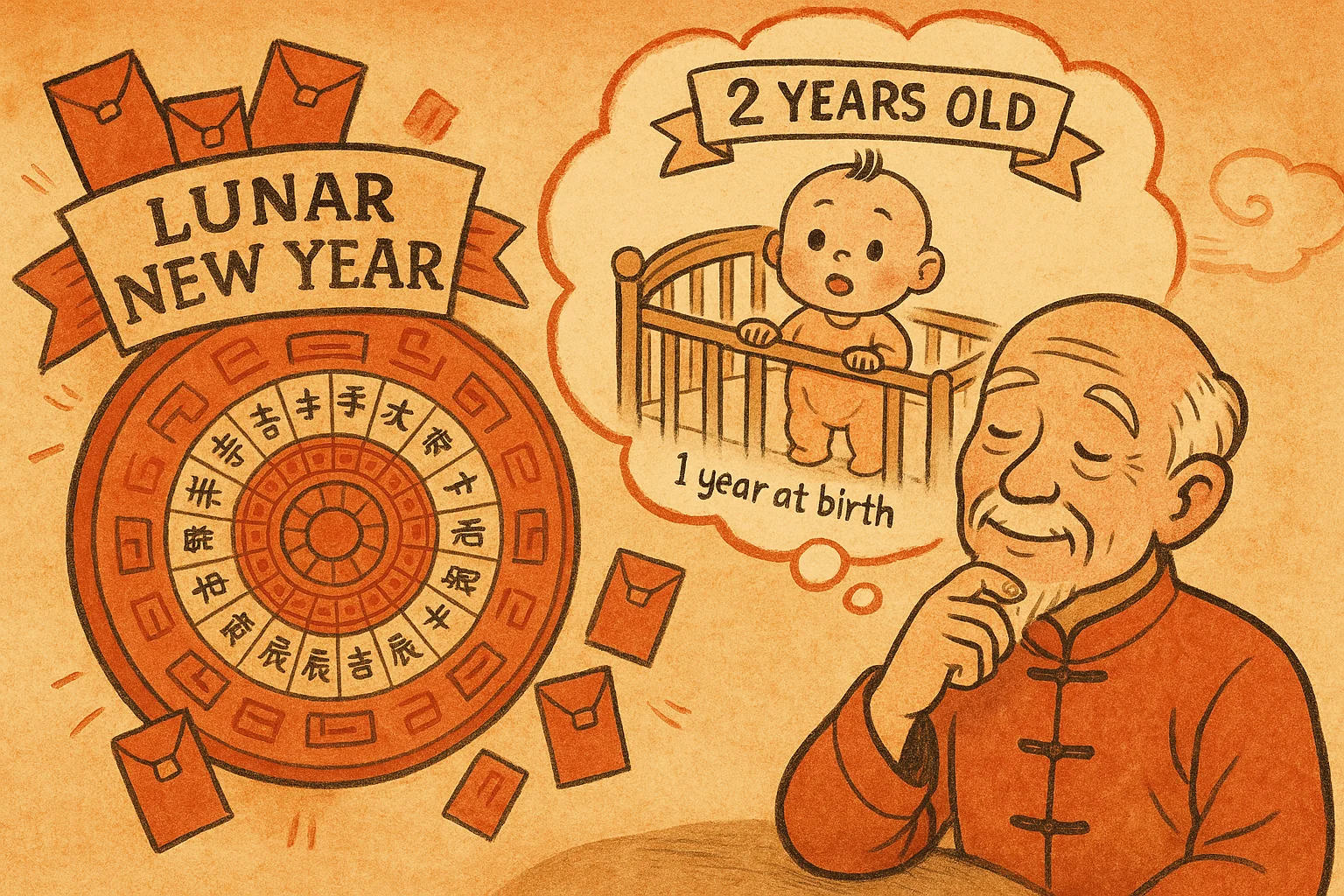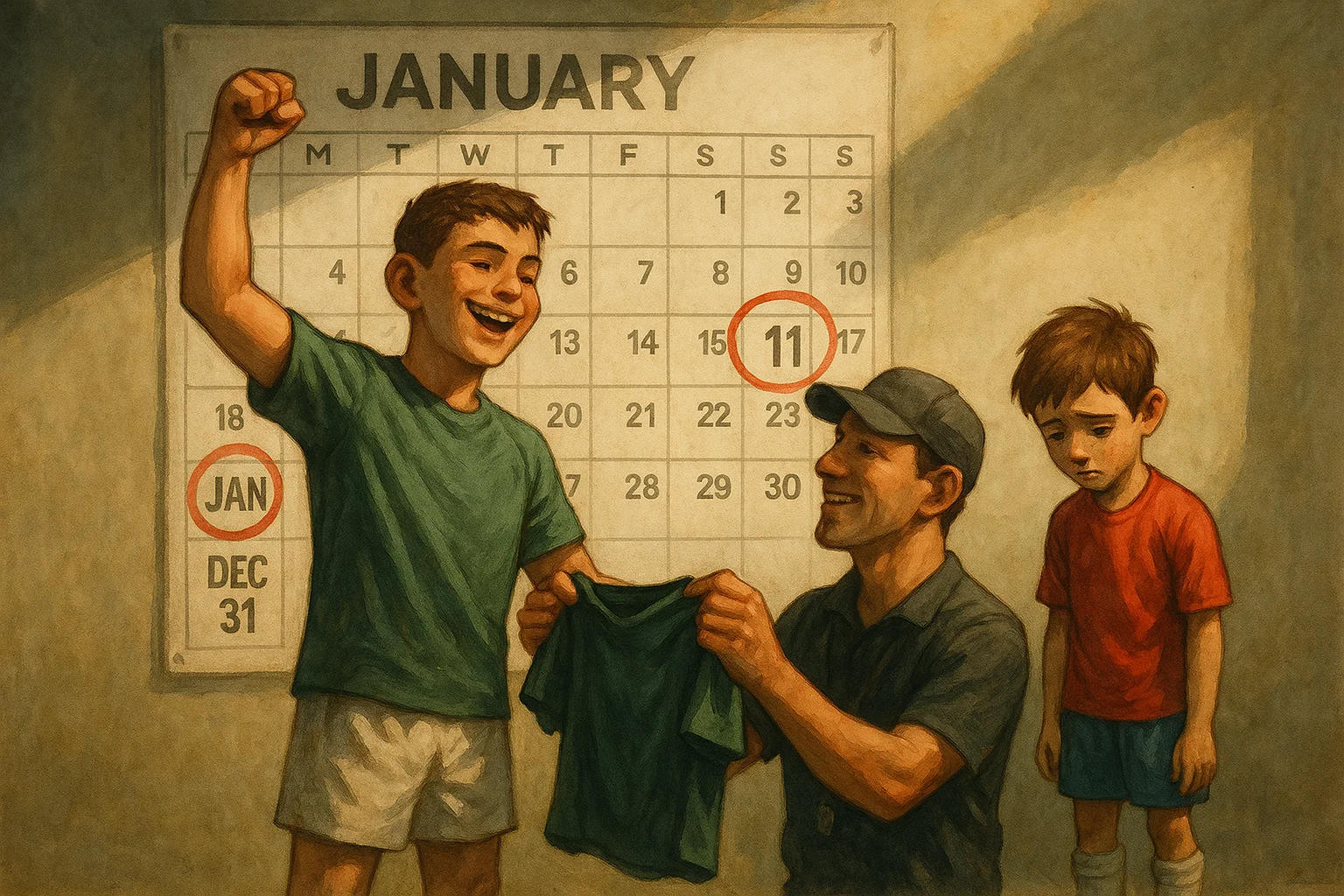When it comes to age calculation, different cultures and systems can lead to confusion, especially when using automated tools. One such tool aims to simplify the age-calculating process, but it's essential to understand the intricacies that could lead to unexpected results.
How Age is Commonly Calculated
In most Western cultures, age is calculated based on the anniversary of a person’s birth. This means your age increases only on your birthday each year, not before. For example, someone who is 3 years and 11 months old will officially turn 4 only when their next birthday arrives. This system is widely recognized in legal documents, school enrollments, and healthcare forms — making it the most familiar and straightforward method to calculate your age. It’s also the default logic used in most digital tools like a birthday calculator or chronological age calculator, ensuring consistency across platforms and systems.
Age in the Traditional Chinese System
In contrast to the Western system, the Traditional Chinese Age System uses a culturally unique approach. In this method, individuals are considered to be 1 year old at birth, and their age increases not on their birthday, but on the first day of the Lunar New Year. This can create surprising results — a baby born just before the New Year might be considered 2 years old within days of being born, even though they’ve only been alive for a short time. While this might seem unusual, it’s a respected tradition used for centuries and still influences age-related customs in many East Asian cultures. This example highlights how age based on date of birth is not always universal, and why tools like an age calculator should be used with cultural awareness in mind.

When One Day Can Change Everything: Age in Sports
In the world of competitive sports, age isn’t just a number — it can determine your entire career path. A famous example comes from youth football, where eligibility is tightly tied to age groups. Imagine two kids born in the same year, one on January 1st and the other on December 31st. Despite being the same age by year, the first child could be nearly 12 months older in physical development — a major advantage in youth leagues. Over time, this small difference can influence performance, exposure, and even scholarship opportunities.
The consequences are real: younger players often miss out on selection, while older ones dominate early and gain more opportunities. Because of this, coaches and recruiters carefully calculate age based on date of birth, using tools like an age calculator or birthday calculator to ensure fairness and accuracy in evaluations.
That’s why you should calculate your age precisely, especially when timing matters — because sometimes, how old you are isn’t just personal information, it’s the key to possibility.

How Many Days Old Are You?
If you’re ever asked, "how many days old am I?" — chances are, you won’t be able to answer on the spot. But that’s exactly what people love discovering through a playful age counter. Many use an age finder to see quirky stats like how many minutes or seconds they've lived, or even plan parties around unusual milestones (like their 10,000th day alive!). It's one thing to say “I’m 26” and a whole other vibe to say “I’ve been alive for over 13 million minutes.” Fun, right?

